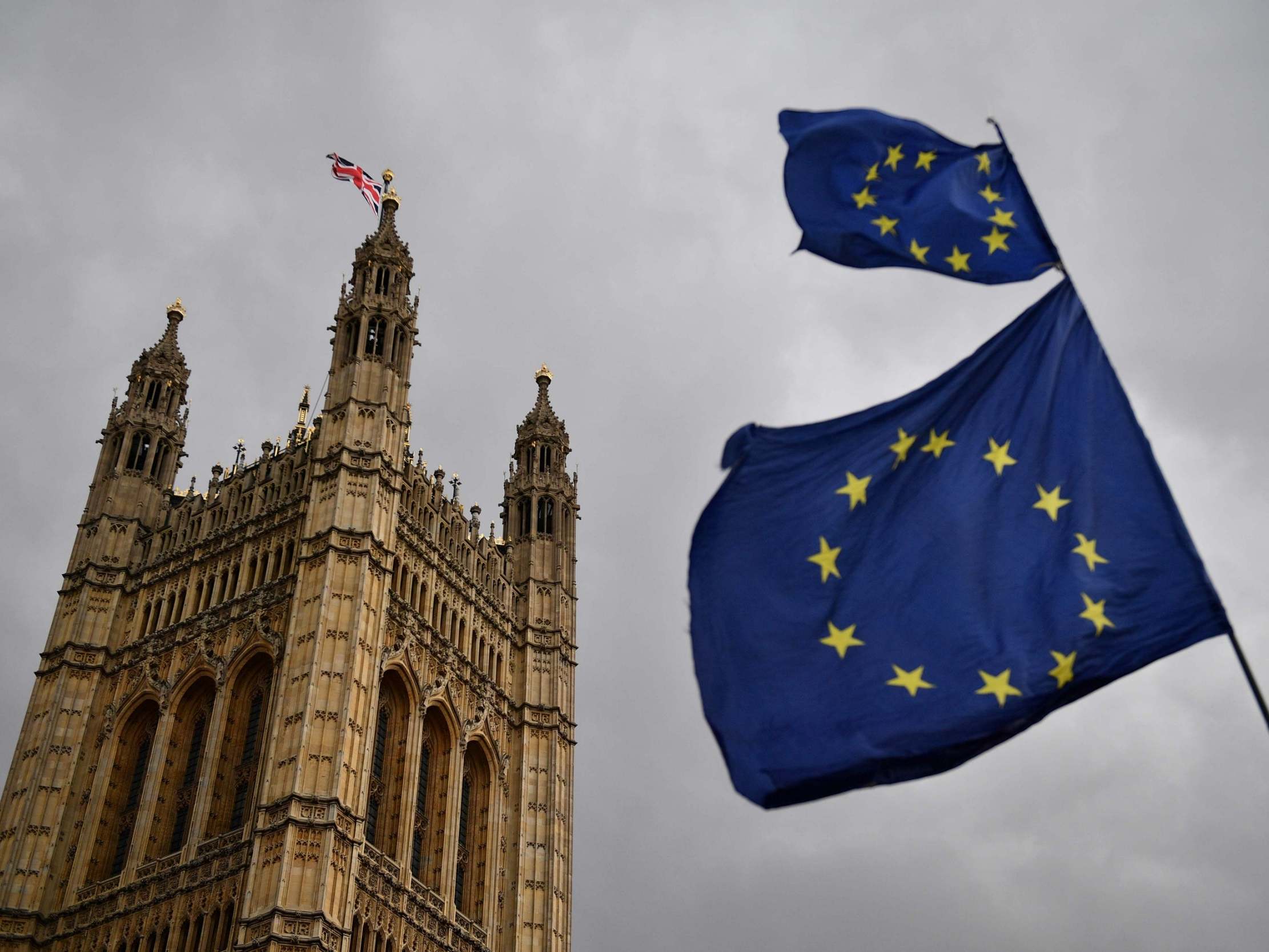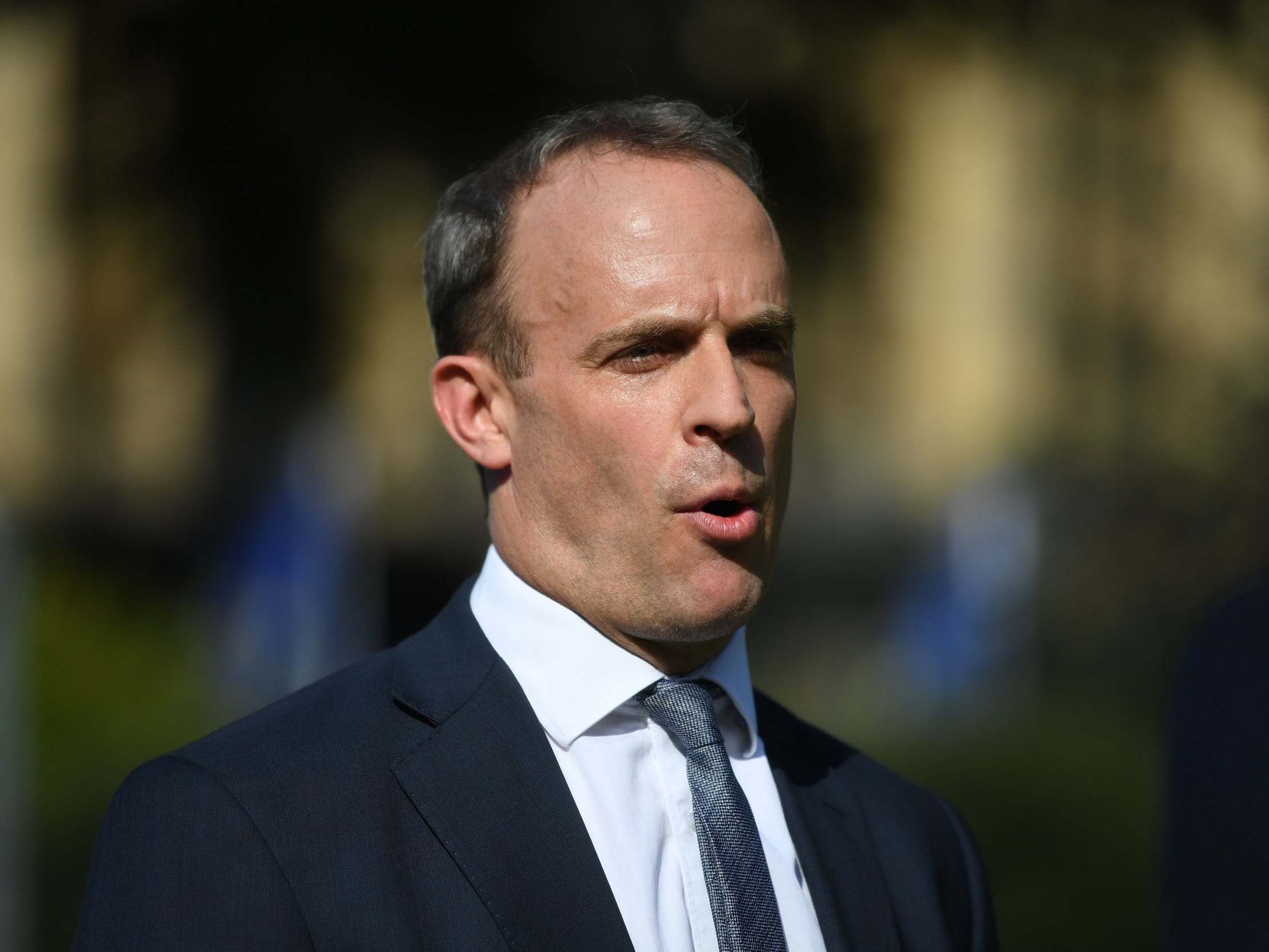Britain should pay £39bn Brexit ‘divorce bill’ even if it leaves without a deal, report says
House of Lords committee warns of ‘serious’ damage to UK’s international reputation if cash is withheld

Your support helps us to tell the story
From reproductive rights to climate change to Big Tech, The Independent is on the ground when the story is developing. Whether it's investigating the financials of Elon Musk's pro-Trump PAC or producing our latest documentary, 'The A Word', which shines a light on the American women fighting for reproductive rights, we know how important it is to parse out the facts from the messaging.
At such a critical moment in US history, we need reporters on the ground. Your donation allows us to keep sending journalists to speak to both sides of the story.
The Independent is trusted by Americans across the entire political spectrum. And unlike many other quality news outlets, we choose not to lock Americans out of our reporting and analysis with paywalls. We believe quality journalism should be available to everyone, paid for by those who can afford it.
Your support makes all the difference.Britain should pay its £39bn Brexit “divorce bill” even if it leaves the EU without a deal, a new parliamentary report has said.
A House of Lords committee said that failure to pay would risk trashing the UK’s international reputation and could block any future free trade deal with the rest of Europe.
Hardline Brexiteers, including Nigel Farage, have long argued that the UK should withhold the cash settlement with Brussels in a no-deal scenario, citing a 2017 report by the Lords’ EU Financial Affairs sub-committee which said Britain would be under “no enforceable obligation” to pay.
But the same committee said today that the UK “should honour its financial obligations”.
A refusal to hand over the sums agreed “would have consequences for the UK’s international standing and reputation”, it said in a report.
While it would be difficult to enforce the UK’s debts in court, it is possible the case would go to the International Court of Justice, where it might languish for four or more years, delaying any efforts to strike a new relationship with the EU.
The European Parliament passed a resolution last month stating that it will refuse to give consent to any future agreements between the EU and UK until it honours its commitments, the committee noted.
It also warned that failure to meet liabilities would cause “significant” disruption to UK involvement in programmes like the Horizon 2020 scientific research initiative.
Former chancellor Philip Hammond told the committee that if the UK withheld the money “we would effectively rule ourselves out of being regarded as reliable partners in future international deals of any kind, including trade deals”.
Committee chair Lord Sharkey said: “Deal or no deal, the UK should honour its financial obligations.
“Seeking to revisit or disown the agreed financial settlement would have profound implications for the UK’s future relationship with the EU and its reputation more broadly.”
He said the committee welcomed foreign secretary Dominic Raab’s assurance – when giving evidence to its inquiry in his former role as Brexit secretary – that “Her Majesty’s government and the United Kingdom always pay their dues”.

The £35-39bn sum agreed by Theresa May in 2017 includes outstanding payments for EU programmes approved by the UK as a member state, as well as costs such as pensions for officials who served during Britain’s membership and annual subs until the end of a proposed transition period ending in December 2020.
Spending watchdogs have warned that there is “significant uncertainty” about the final total to be handed over, with payments likely to continue as late as 2064.
Because of the extensions to the Brexit process already granted by the EU, the total that could in theory be saved by withholding payment has dropped to £32.8 billion, and a further extension to January 2020 would reduce this figure to £29.8 billion.
Subscribe to Independent Premium to bookmark this article
Want to bookmark your favourite articles and stories to read or reference later? Start your Independent Premium subscription today.
Join our commenting forum
Join thought-provoking conversations, follow other Independent readers and see their replies
Comments